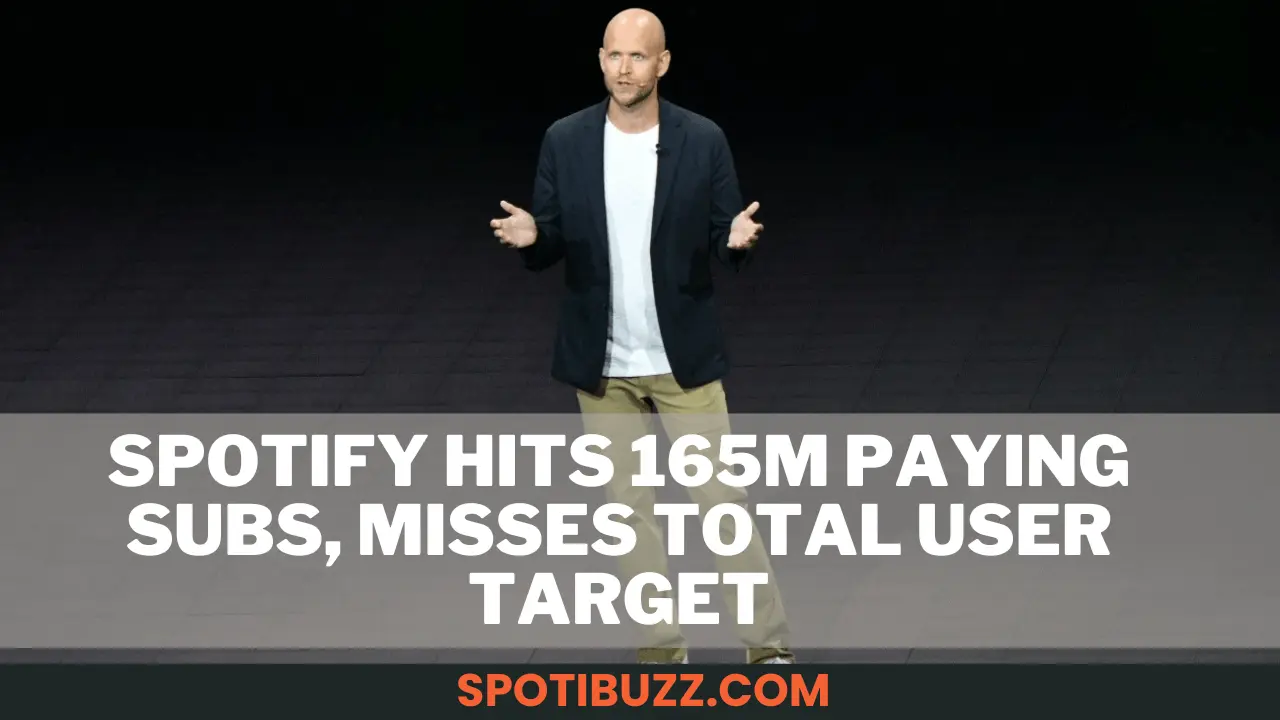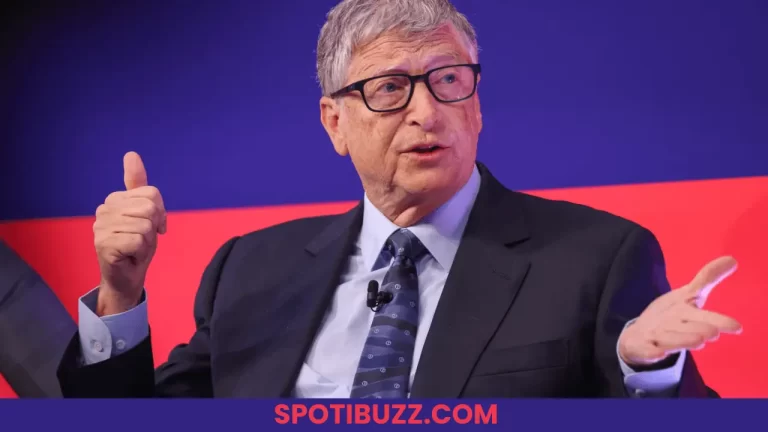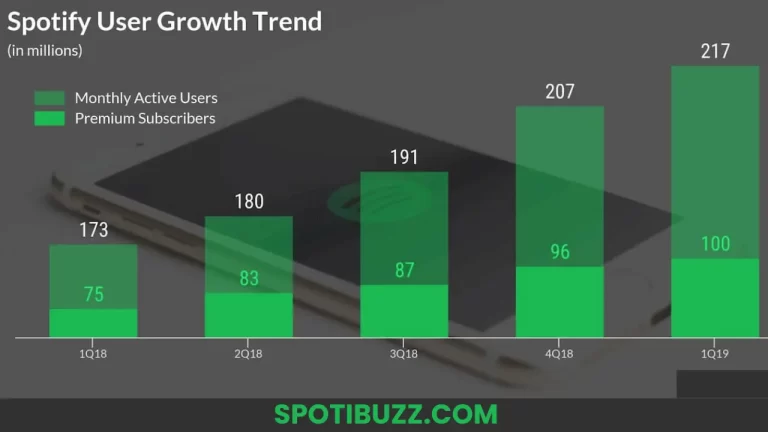Spotify Hits 165M Paying Subs, Misses Total User Target, Ad Revenue Jumps
Spotify, the world’s leading music-streaming service, reported its second-quarter earnings on Wednesday, revealing mixed results. While the company added 7 million new premium subscribers, reaching 165 million in total, it fell short of its overall monthly active user (MAU) target of 366-373 million, ending the quarter with 365 million MAUs. The company blamed the slower MAU growth on the COVID-19 pandemic, affecting some key markets like India, Brazil, and Southeast Asia. It also cited a technical issue with a third-party platform that created friction for user sign-ups. However, Spotify said it saw a reversal of this trend in the second half of the quarter and expects to resume its strong MAU growth for the rest of the year.
On the bright side, Spotify’s revenue grew 23% year-over-year to €2.33 billion ($2.75 billion), driven by a 110% surge in advertising revenue to €275 million ($325 million). The company attributed this to the strong performance of its podcast business, which includes popular shows from Joe Rogan, Bill Simmons, and the Obamas. Spotify said it now has more than 2.9 million podcasts on its platform and that podcast consumption hours doubled year-over-year.
Spotify’s CEO and founder, Daniel Ek, said he was pleased with the results and confident about the company’s long-term potential. “By accelerating our pace of innovation and investing for the long term, we continue to cement our standing as the preferred audio platform around the world,” he said in a statement.
Spotify also announced several new initiatives and partnerships in the quarter, such as launching a new promotion with TikTok, expanding its Spotify Greenroom live audio app, and acquiring podcast companies Podz and Betty Labs. Some analysts praised Spotify’s performance, especially its advertising growth and premium subscriber additions.
“Spotify delivered another solid quarter with better than expected subscriber growth and a nice rebound in ad-supported revenues,” said Mark Mahaney, an analyst at Evercore ISI.







